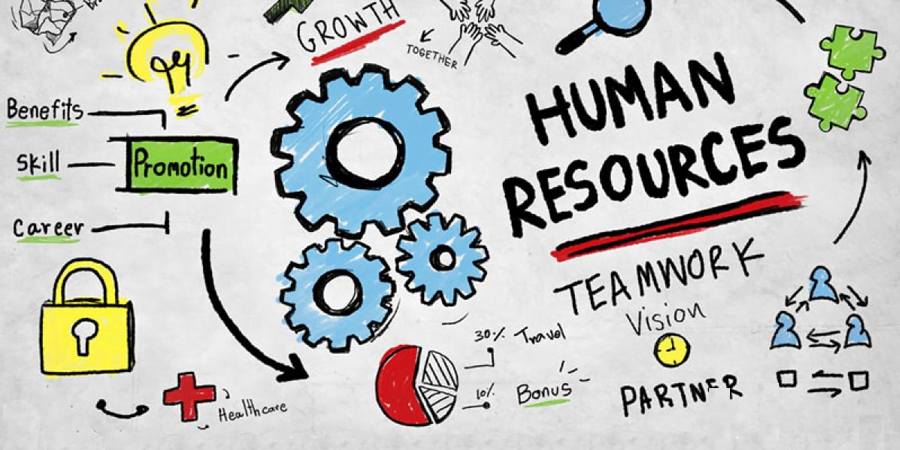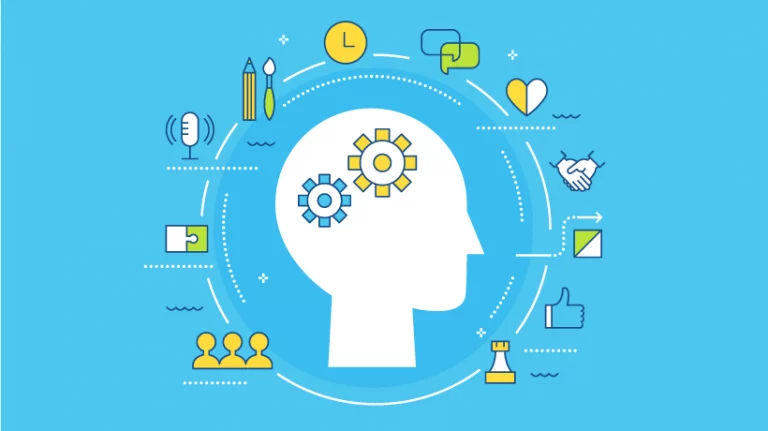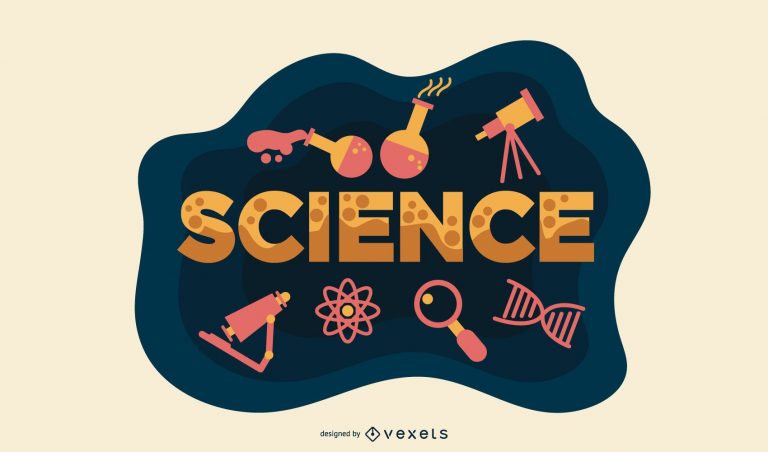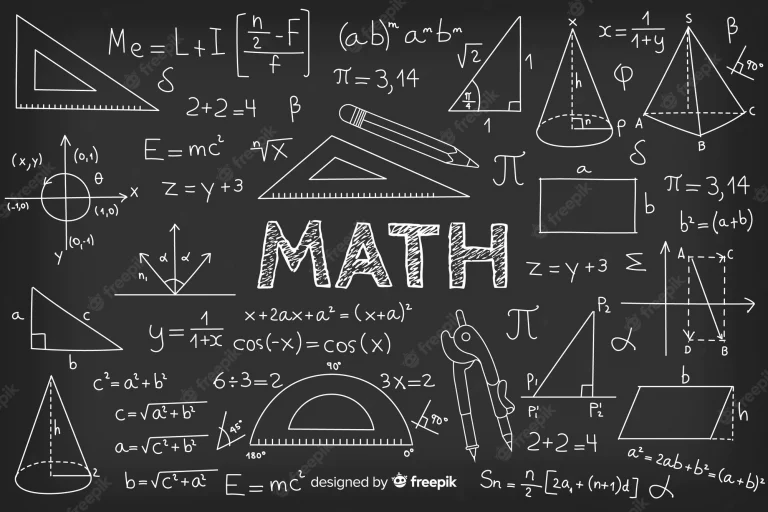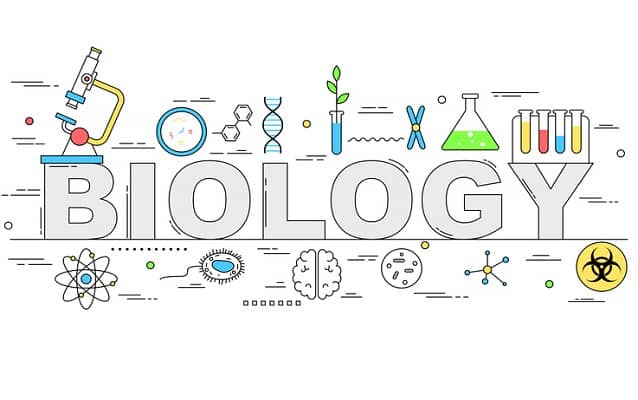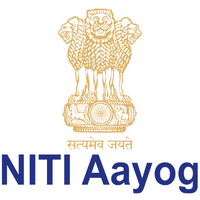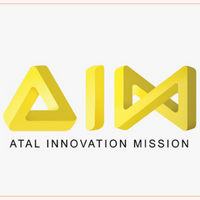What is Human Resources?
Human resources (HR) is the division of a company responsible for identifying, screening, hiring, and training job candidates, as well as managing employee benefit programmes. In the current era, HR plays a critical role in assisting businesses in dealing with a rapidly changing business climate and a higher demand for quality personnel. Salaries and benefits, hiring, termination, and staying up to date on any regulations that may influence the organisation and its employees are all some other human resources tasks. Many companies have shifted away from in-house human resources (HR) administrative chores and have outsourced tasks such as payroll and benefits to third-party suppliers.
What does Human Resources do?
Some of the tasks of the HR department are mentioned as follows:
Recruiting Candidates
When hiring for new roles, HR must first identify the organisation’s needs and ensure that those needs are addressed. It’s not as easy as posting an ad on a job posting site. You’ll need to conduct market research, communicate with stakeholders, and manage finances.
Then, once the position has been advertised, additional research must be conducted to ensure that the best candidates are drawn and presented. Recruiting is a massive and expensive task; the perfect candidate may rejuvenate an entire business, while the incorrect candidate can throw everything into disarray.
Hiring the Right Employees
HR is responsible for scheduling interviews, managing hiring activities, and onboarding new hires. They’re also in charge of ensuring all of the documentation associated with employing someone is completed, as well as ensuring that everything runs well from the first day to the last.
Performance Management
Performance management becomes critical after employees are on board. It entails assisting employees in being their best versions at work, hence improving the company’s bottom line.
Employees often have specific responsibilities and duties that they must fulfil. Performance management is a framework that allows employees to receive feedback on their work in order to improve their performance.
In most cases, a company follows an annual performance management cycle that includes planning, monitoring, assessing, and rewarding employee performance. Employees can be classified as high vs. poor performers and high Vs low potentials as a result of this approach.
Compensation and Benefits
Compensation and benefits are another HR fundamental. Fair pay is essential for inspiring and retaining employees. Ensure equity and fairness in salary is one of the fundamentals of human resource management.
Making the right salary offer is an important element of attracting top personnel. This must be balanced against the company’s budget and profit margins. HR should keep track of salary raises and establish merit-based pay criteria. On occasion, HR may conduct a compensation audit.
There are two types of compensation: primary compensation and secondary compensation. Primary compensation refers to money that is explicitly paid for work, such as a monthly salary or performance based salary.
Secondary compensations include all non-monetary gains. Extra vacation leave, flexible working hours, childcare, pensions, and laptop, and other benefits are all possible.
The idea is to encourage people by rewarding them in ways that encourage them.
Update Policies
As the organisation changes, policies must be changed (or at the very least analysed) every year. It is HR’s responsibility to make official policy updates and to advise policy changes when policies are no longer serving the firm or the employees. As a result of an event, a policy may need to be changed. HR should be involved in and consulted on these choices at all times.
Maintain Employee Records
The keeping of HR records is required by law. These records aid companies in identifying talent gaps, as well as analysing demographic data and complying with laws. Each employee’s personal information and emergency contacts are also included.
How do HR Support Employees?
The HR department needs to ensure the success of the company. And the company can only be successful if its people are successful within it. As a result, it is critical to keep employees motivated and engaged by offering a pleasant work environment and adequate opportunities for professional advancement. Following are mentioned some ways through which HR helps the employees:
- Providing career growth
- Offering continuing education
- Training and supporting managers
- Supporting health and wellness
- Supporting creativity and innovation
- Offering flexible work schedule if possible
- Helping with internal promotions
- Helping with navigating the law etc.

